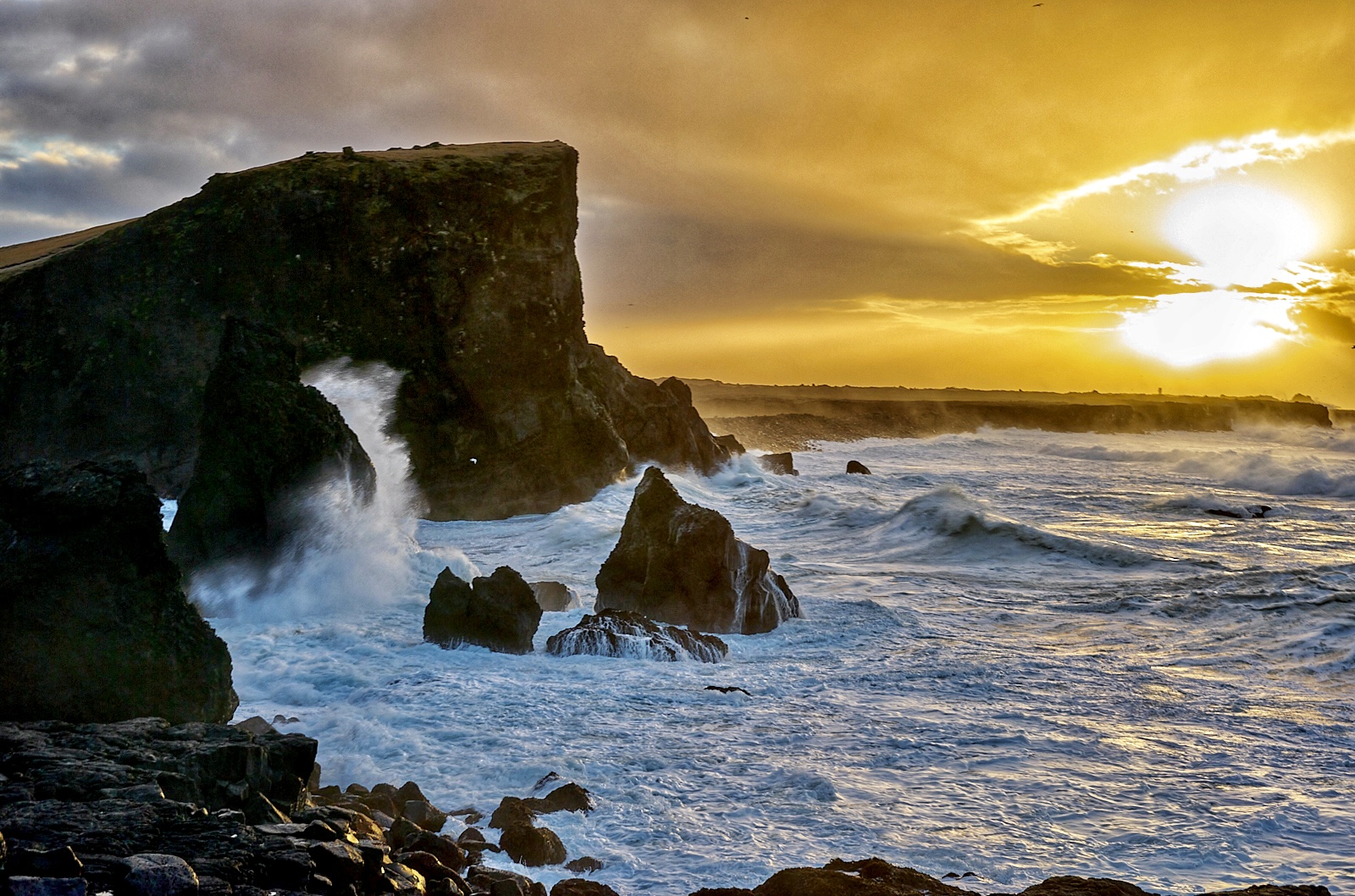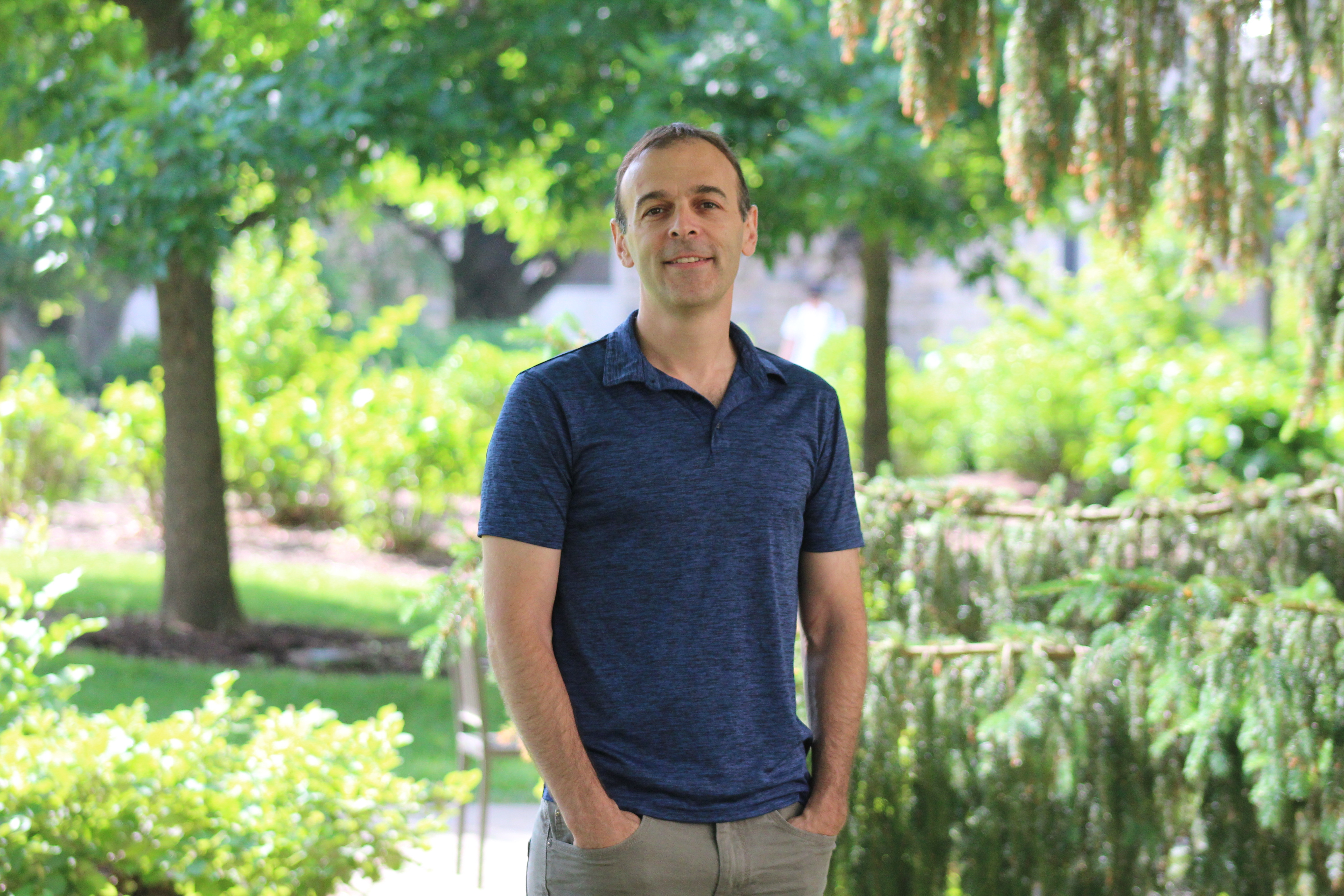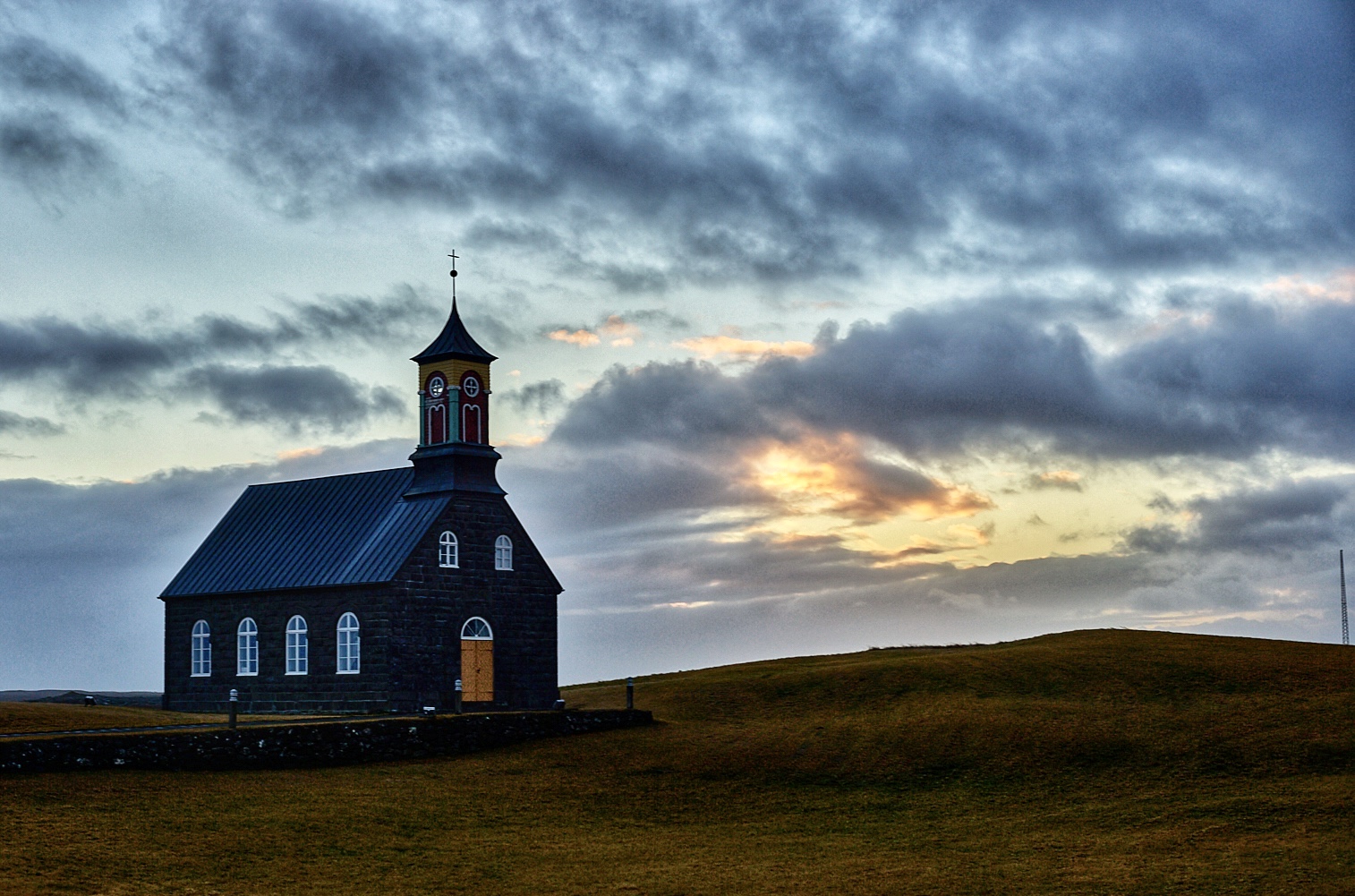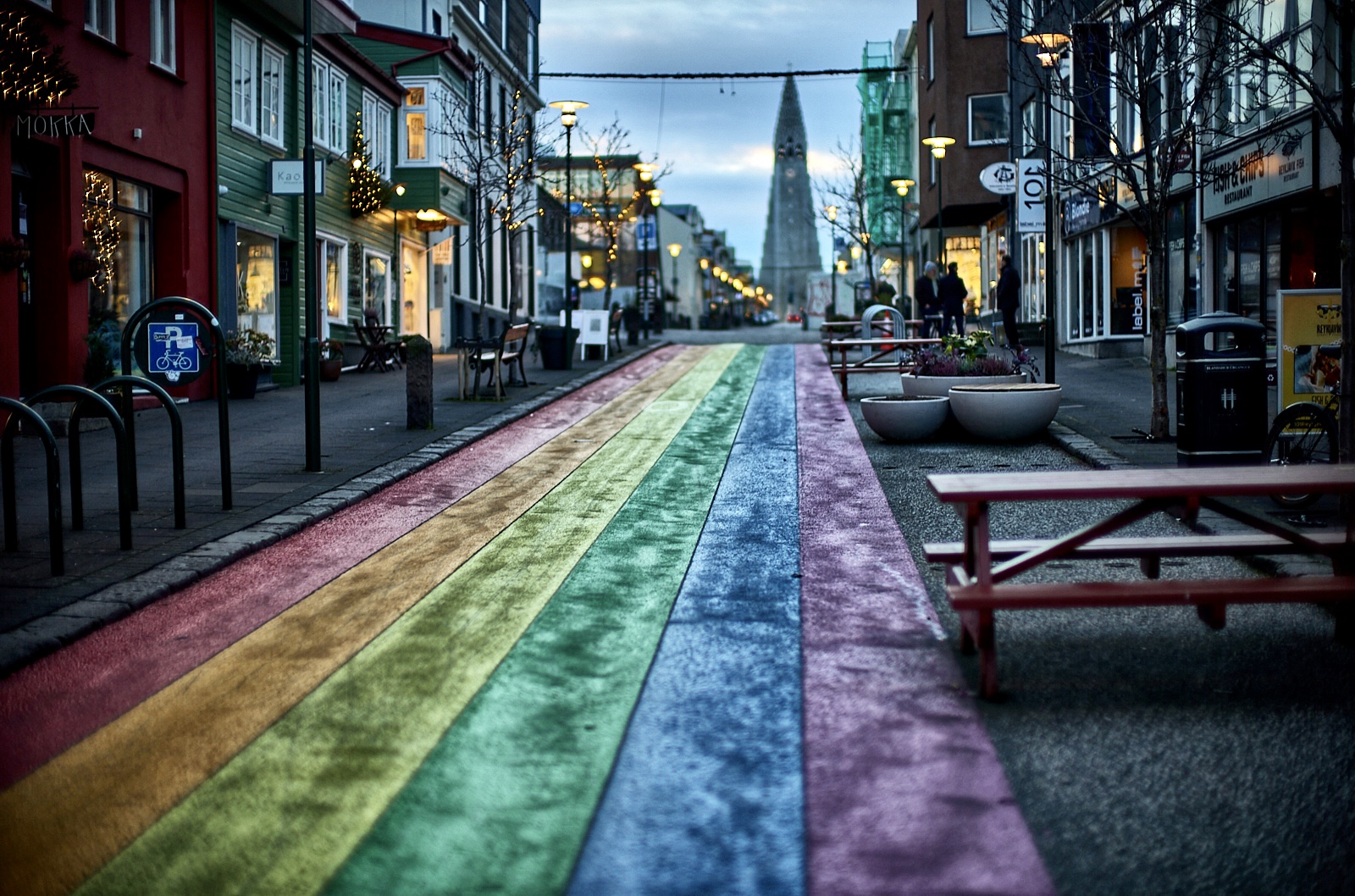MNR students to study carbon capture, geothermal energy, and more in the Land of Fire and Ice
March 8, 2022
![Sólfarið (The Sun Voyager), Jón Gunnar Árnason; Photo: Michael Mortimer]](/content/cligs_vt_edu/en/blog/mnr-students-to-study-carbon-capture--geothermal-energy--and-mor/_jcr_content/article-image.transform/m-medium/image.jpg)
By Lindsay Key
Global Study trips are an important component of Virginia Tech’s graduate education programs focused on global sustainability, but the COVID-19 pandemic put international travel on hold for nearly two years. We are excited to announce that Global Study experiences are resuming during the Spring 2022 semester, with a suite of new destinations. We are profiling each of the trips in this blog series.
What unique combination of natural resources and culture earned Iceland the nickname “The Land of Fire and Ice”? In May 2022, students in the Master of Natural Resources (Online) program will travel to the Nordic country to see firsthand its dynamic makeup of steaming volcanoes, hard-packed glaciers, winding fjords, towering basalt columns, and fascinating culture, largely influenced by Viking occupation in the late ninth century.
Iceland, an island in the Atlantic Ocean, is the most sparsely populated country in Europe, with approximately 372,000 people. It is part of the Mid-Atlantic Ridge, the world’s longest mostly underwater mountain range. There are approximately 130 active and inactive volcanoes on the island, and more than 10 percent of the landscape is covered by 269 glaciers, according to Guide to Iceland. By harnessing the landscape’s geysers, volcanic activity, rivers and waterfalls, Icelanders have been pioneers in using geothermal and hydroelectric power, serving as an example to many other countries.


“Iceland is a place of tectonic change, both literally and figuratively. Its position at the convergence of the North American and European continental plates makes it a bubbling cauldron of geothermal energy and a strategic waypoint of geopolitics,” said Dr. Marc Stern, faculty lead for the trip.
A key component of the MNR program is a ten-day Global Study experience offered every semester as part of the required course, “Global Issues in Environmental Sustainability.” The purpose of the course is to encourage students to think globally about sustainability challenges and to situate their own professional work in a global context. The course culminates with the global study, where students see firsthand the opportunities and challenges faced in other countries.
Although Stern has led multiple Virginia Tech Global Study trips to Cuba and Indonesia, this is the first time he will take a group to Iceland. Students will begin their journey in Iceland’s capital, Reykjavik, where they will meet with environmental leaders, business leaders, government experts, scientists, and entrepreneurs to learn more about the Nordic island’s culture. Then they will journey outside of the city to various key natural resources sites, including fisheries, a power plant, a tree farm, glaciers, waterfalls, and volcanoes.

Local partners along the tour will educate students about Iceland’s unique energy transitions and its potential impact on global climate change and entrepreneurial approaches to building a circular economy. Students will also learn about ecological and social transformations associated with building a sustainable fishery; land and species conservation, including issues of forestry, invasive species, and soil loss; and climate change, carbon capture, glacial retreat and their meanings for Iceland and the world.

“Iceland’s people, descended from Viking explorers, have transformed the landscape and sea over their 1,200 years of occupation. From snowy glaciers to boiling rivers, Iceland’s volcanic landscape is a place of wonder, survival, entrepreneurship, and innovation,” said Stern.


